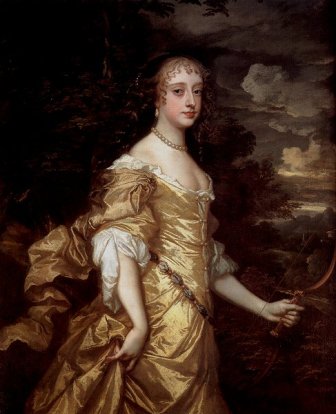
Las canciones y sonetos amorosos del inglés John Donne (1572-1631) conjugan la tradición literaria con un punto de vista personal, sensual y cínico.
TRES VECES TONTO
Sé que soy dos veces tonto,
por amar, y por decirlo
en poesía quejumbrosa.
Pero ¿dónde está ese sabio, que no podría ser yo,
si ella no me rehusara?
Así, como las vías interiores, tortuosas,
purgan el agua del mar de la corrosiva sal,
pensé que si alejar conseguía mis pesares
por la inoportuna rima, los aliviaría.
El pesar, cuando al metro se reduce, no puede ser tan agudo
pues, si verso se encadena, se somete.
Mas, cuando eso está hecho, alguien,
por mostrar su arte y su voz,
mi dolor compone y canta,
y, mientras a otros deleita, de nuevo
el dolor libera, que los versos contenían.
Al amor corresponde el tributo del verso, y al dolor,
pero no el de aquel que cuando es leído agrada.
Ambos por estas canciones se incrementan:
pues así son los triunfos de ambos difundidos.
Y yo, que dos veces tonto era, paso así a serlo tres,
pues son los mejores tontos los que un poco sabios son.
Traducción de purificación Ribes.
THE TRIPLE FOOL
I am two fools, I know,
For loving, and for saying so
In whining poetry ;
But where’s that wise man, that would not be I,
If she would not deny ?
Then as th’ earth’s inward narrow crooked lanes
Do purge sea water’s fretful salt away,
I thought, if I could draw my pains
Through rhyme’s vexation, I should them allay.
Grief brought to numbers cannot be so fierce,
For he tames it, that fetters it in verse.
But when I have done so,
Some man, his art and voice to show,
Doth set and sing my pain ;
And, by delighting many, frees again
Grief, which verse did restrain.
To love and grief tribute of verse belongs,
But not of such as pleases when ’tis read.
Both are increasèd by such songs,
For both their triumphs so are published,
And I, which was two fools, do so grow three.
Who are a little wise, the best fools be.